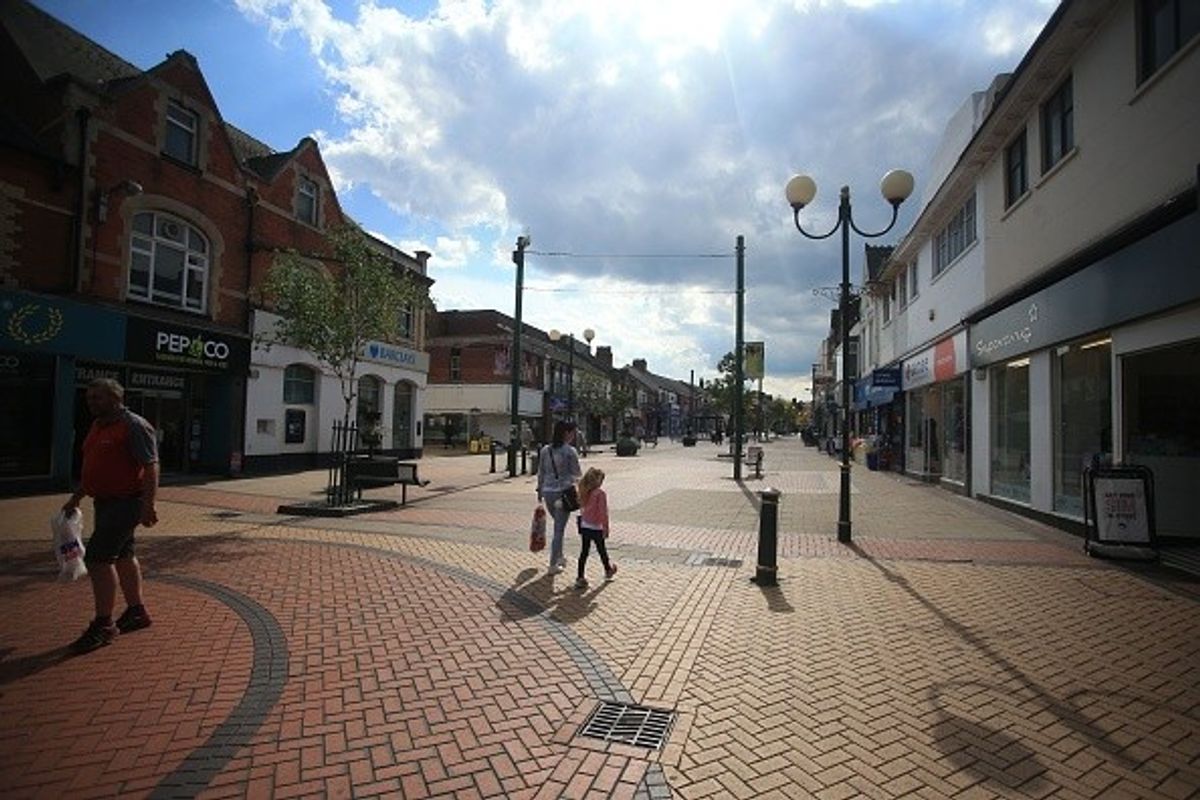High street businesses can expect a major overhaul of the business rates system from April 2026, with the government pledging to introduce permanently lower tax rates for retail, hospitality, and leisure (RHL) properties under £500,000 in rateable value.
Responding to a Westminster Hall debate secured by Sir Gavin Williamson MP on 4 June, Exchequer Secretary to the Treasury James Murray said the Government is “protecting the high street by transforming the business rates system so that it supports investment and is fit for the 21st century.”
Under the new system, businesses with rateable values below £500,000 will benefit from two new RHL multipliers, mirroring the existing small business and standard multipliers, without a cash cap.
The new small business RHL multiplier will apply to RHL properties with rateable values below £51,000, and the new standard RHL multiplier will apply to RHL properties with rateable values of £51,000 and above, and below £500,000.
Murray told MPs that the government intend to introduce permanently lower tax rates from 2026-27, as announced at last year’s autumn Budget, adding, “That will give much needed certainty and support to the high street, improving investment and growth in places across England.”
Funding the cuts
The new lower multipliers will be paid for by introducing a higher rate for properties with rateable values of £500,000 and above, many of which are large online distribution centres. “Those properties represent less than 1 per cent of all properties, but include the majority of large distribution warehouses, including those used by the online giants,” Murray noted.
The exact rates will be confirmed in the autumn Budget, but statutory guardrails are already in place: the higher multiplier cannot exceed the national standard multiplier by more than 10p, and the lower RHL multipliers cannot fall more than 20p below the national small business rate.
“Those are only guardrails, not the intended rates, and the final decisions on the multipliers will be made at Budget in the autumn,” Murray noted.
Relief in the interim year
While welcoming the move to permanent rates, some MPs, including Williamson, pressed for greater support in the current financial year, after the temporary 75 per cent RHL relief was reduced to 40 per cent from April 2025.
“These are not just businesses; they are someone’s hopes, dreams and aspirations to create something better and build a better life for themselves and other people,” Williamson said, citing cases from his Staffordshire constituency where shops and pubs now face thousands in extra costs. He warned that reduced relief was forcing businesses to lay off staff, scale back operations or close altogether.
Murry clarified that, without intervention, all RHL relief would have ended this year. The government instead opted for a 40 per cent discount with a £110,000 cap. Williamson asked whether the chancellor would consider restoring the 75 per cent rate for the current year: “It would be a great relief not just on finances but on the mental worry of so many businesses.”
Murray declined to commit, adding that the rate for 2025-26 “has been set by the chancellor.”
“I would say to businesses looking at their finances this year that from April ’26 – from the next financial year – the permanently lower rates will come in. Indeed, it will benefit a broader variety of shops on the high streets, because we are not continuing the cash cap of £110,000 per business,” he said.
Reform beyond relief
The debate also spotlighted broader reform. Murray reiterated the government’s plan to modernise business rates, with an interim report due this summer based on stakeholder input. “We want to go further, and modernise the business rates system,” he said, promising “a clear direction of travel” and more detail at the next Budget.
MPs also raised concerns about the capacity of the Valuation Office Agency (VOA) to handle a likely increase in rateable value appeals. Murray confirmed the VOA is being brought under HMRC to improve efficiency and service.
He highlighted that the average pub with a rateable value of £16,800 is still saving over £3,300 this year under the 40% relief. However, Williamson warned of “real worry” among small firms that their bills could still go up even under the reformed system.
“I urge the minister to do what he can, because these businesses are … where the jobs are created and where so many young people will get their first opportunity. I urge him to do everything he can to protect opportunities for the future and their ability to create jobs and wealth, because the people who are running these businesses are working people as well,” he said.


